Search
Did you mean: Runes?
Search Results
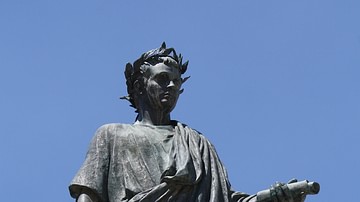
Definition
Horace
Quintus Horatius Flaccus (65-8 BCE), better known to most modern readers as Horace, was one of Rome's best-loved poets and, along with his fellow poet Virgil, a member of Emperor Augustus' inner circle at the imperial palace. Despite his...
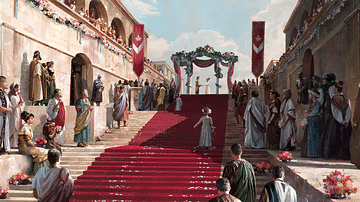
Article
Roman Girls and Marriage in Ancient Rome
In ancient Rome, the legally acceptable age for marriage for girls was twelve. Although in middle-class Roman society, the most common age of first marriage for a girl was mid-to-late teens, evidence also shows that in a section of elite...
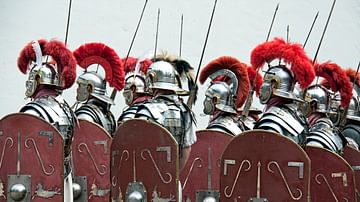
Definition
Roman Legionary
The Roman legionary was a well-trained and disciplined foot soldier, fighting as part of a professional well-organized unit, the legion (Latin: legio), established by the Marian Reforms. While major tactical changes appeared during the final...
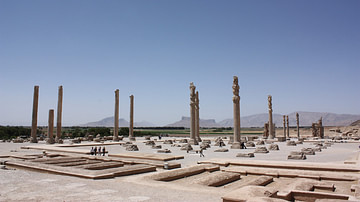
Article
Alexander the Great & the Burning of Persepolis
In the year 330 BCE Alexander the Great (l. 356-323 BCE) conquered the Achaemenid Persian Empire following his victory over the Persian Emperor Darius III (r. 336-330 BCE) at the Battle of Gaugamela in 331 BCE. After Darius III's defeat...

Definition
Pliny the Younger
Pliny the Younger (61-112 CE) was the nephew of Pliny the Elder (23-79 CE), the author of the 37-volume Natural History. He had a remarkable political career and gained a reputation as an excellent lawyer and orator, but he is most famous...
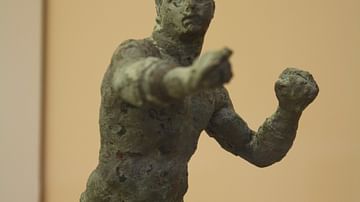
Definition
Pankration
Pankration is an ancient martial art which mixes wrestling and boxing. The sport can be traced as far back as the second millennium BCE in the territory of ancient Greece. Its name derives from the ancient Greek words pan (all) and kratos...

Article
Education for Girls in Ancient Rome
The upbringing and education of girls in ancient Rome are rarely addressed in ancient sources. A young Roman girl from an affluent family married very young, often in her mid-teens, and girls, according to tradition, were brought up solely...
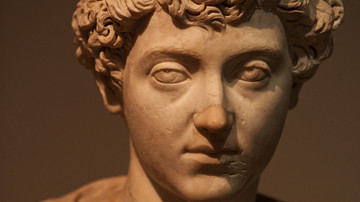
Article
A Roman Boy's Rite of Passage
A Roman boy's rite of passage, a ceremony or ritual marking a transitional period in life from childhood to adulthood, was the assuming of the toga virilis, the adult toga. The ceremony usually took place sometime between the boy's 14th and...

Definition
Xerxes I
Xerxes I (l. 519-465, r. 486-465 BCE), also known as Xerxes the Great, was the king of the Persian Achaemenid Empire. His official title was Shahanshah which, though usually translated as `emperor', actually means `king of kings'. He is identified...
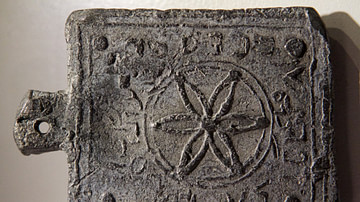
Definition
The Bar-Kochba Revolt
The Bar Kochba Revolt (132–136 CE) was the third and final war between the Jewish people and the Roman Empire. It followed a long period of tension and violence, marked by the first Jewish uprising of 66-70 CE, which ended with the destruction...